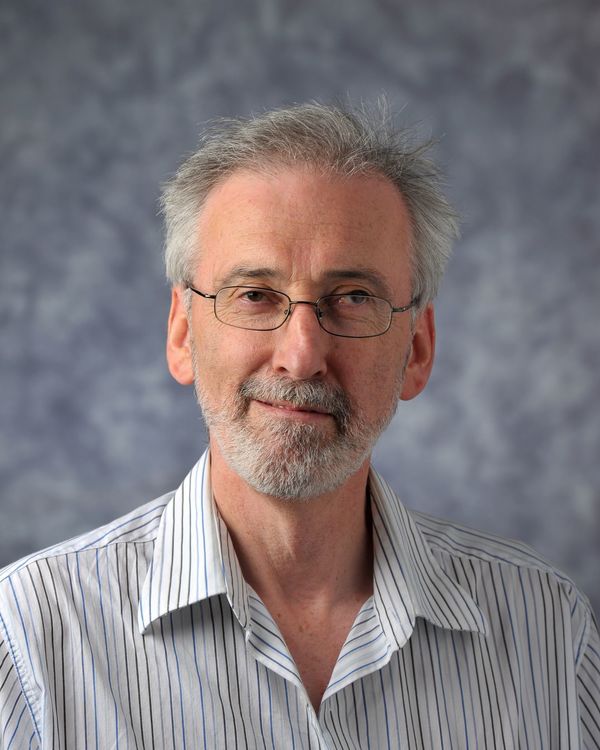
Why do so many people celebrate and recognize St. Patrick’s Day – even if they’re not Irish at all?
Diarmuid Ó Giolláin, professor of Irish language and literature at the University of Notre Dame and expert on popular religion in Ireland, as well as folklore and popular culture, explains the history and cultural significance of Lá Fhéile Pádraig, "the Day of the Festival of Patrick.”
“St. Patrick’s Day was first celebrated in Montreal in 1759 by Irish soldiers in the British Army who had just conquered Quebec. The first St. Patrick’s Day parade in New York in 1766 was also by Irish soldiers in the British Army. And, on St. Patrick’s Day in 1768 in Montserrat (known as the Emerald Isle of the Caribbean), slaves revolted against the largely Irish Catholic plantation owners – a good reason for their descendants to celebrate the festival today.
“Irish Catholics were among the first non-Protestant free immigrants to come to the U.S. in large numbers, and St. Patrick’s Day allowed them to assert ethnic pride in public space in American cities in a way that resonated widely in a country that became more and more shaped by immigration.
“St. Patrick’s Day then has variously celebrated national pride in an imperial context, pride in revolt against slavery, and most of all, ethnic immigrant pride. St. Patrick was a slave – he wasn’t Irish – and he was an immigrant. The fact that St. Patrick and St. Patrick’s Day today belong to millions of people who aren’t Irish nor of Irish origin makes them among the most inclusive of symbols.”
Concurrent professor of anthropology, Ó Giolláin is a folklorist whose work is interdisciplinary and whose main fields of interest are folklore studies within the history of ideas and Irish popular religion. Other interests include ethnomuseology and current notions of ‘traditional culture’, especially in the representations of international organizations such as UNESCO. His publications include Locating Irish Folklore: Tradition, Modernity, Identity (2000) and An Dúchas Agus an Domhan (‘the native/vernacular and the world’). Ó Giolláin teaches Irish Folklore with an emphasis on narrative folklore.
Ó Giolláin is a faculty fellow at Notre Dame’s Keough-Naughton Institute for Irish Studies. The Institute recently produced “1916: The Irish Rebellion,” a three-part documentary film that gives a comprehensive account of the events of the 1916 Rising in Dublin.
Contact: Diarmuid Ó Giolláin, (574) 631-7879 or gillan.1@nd.edu